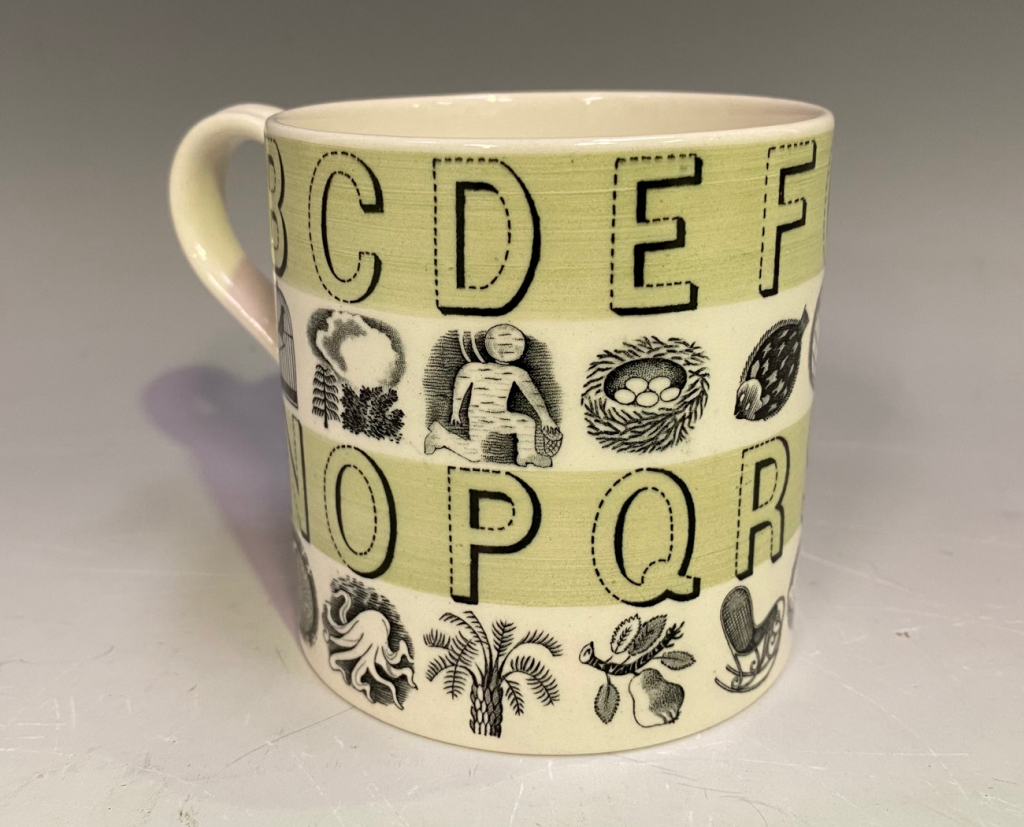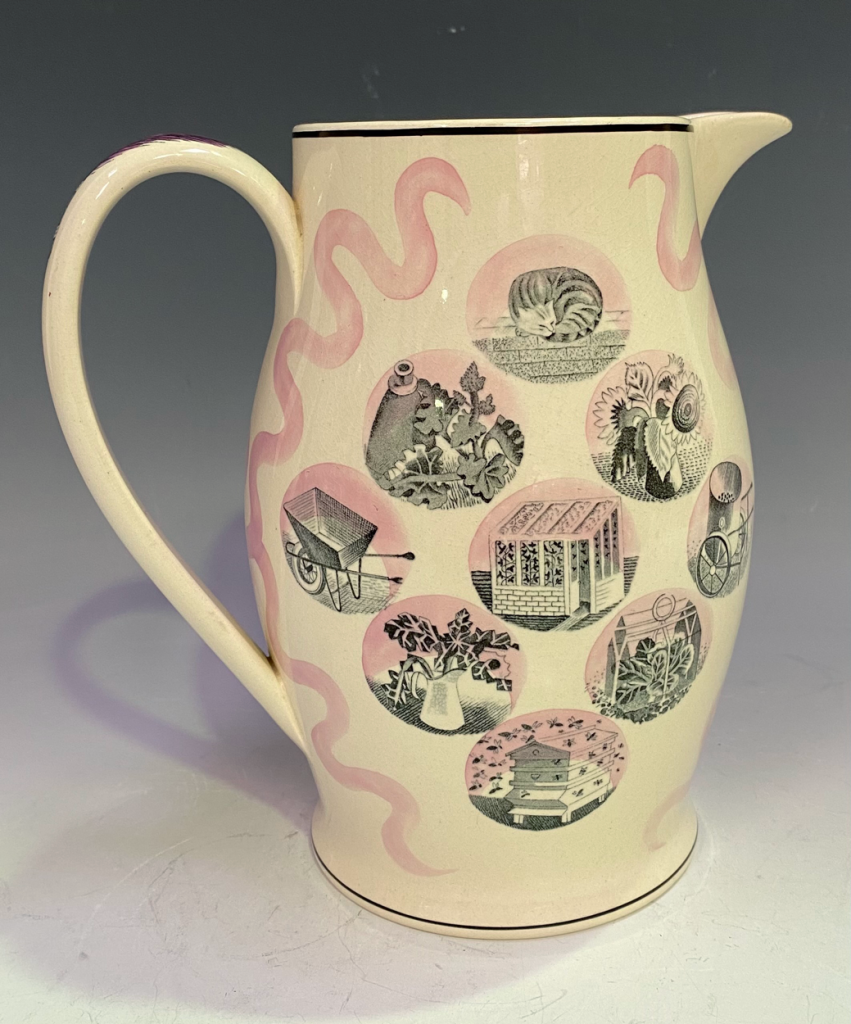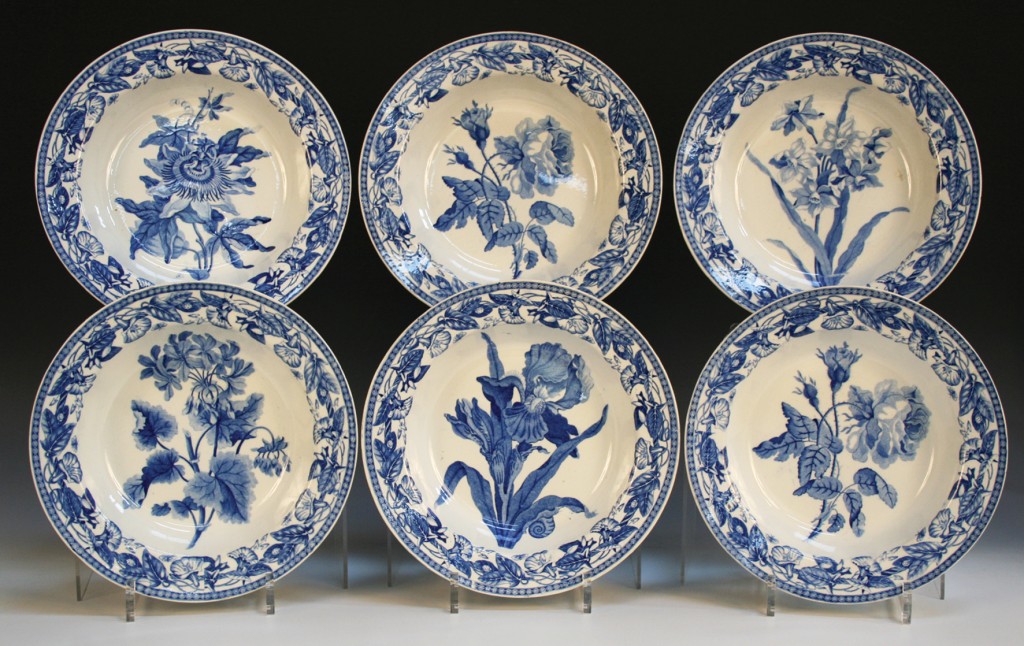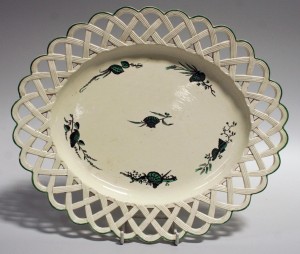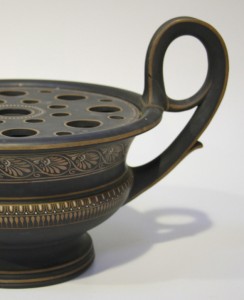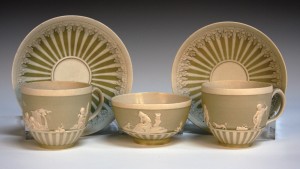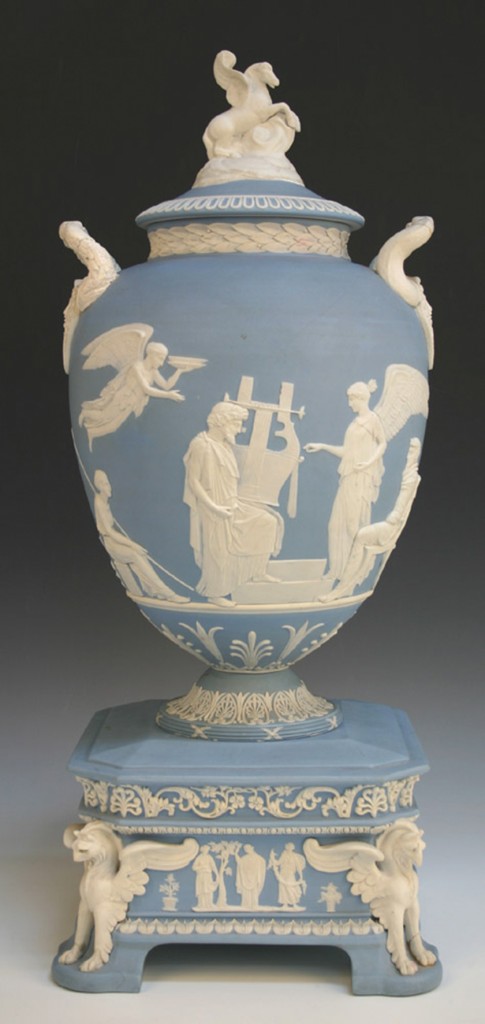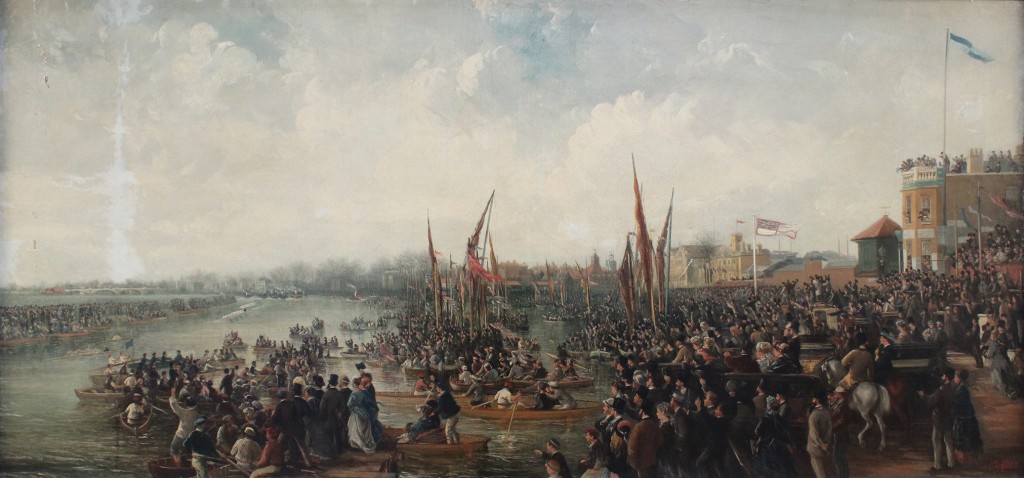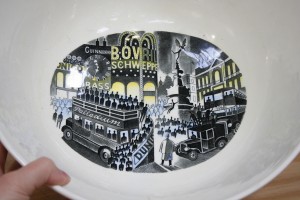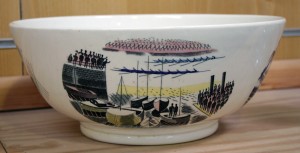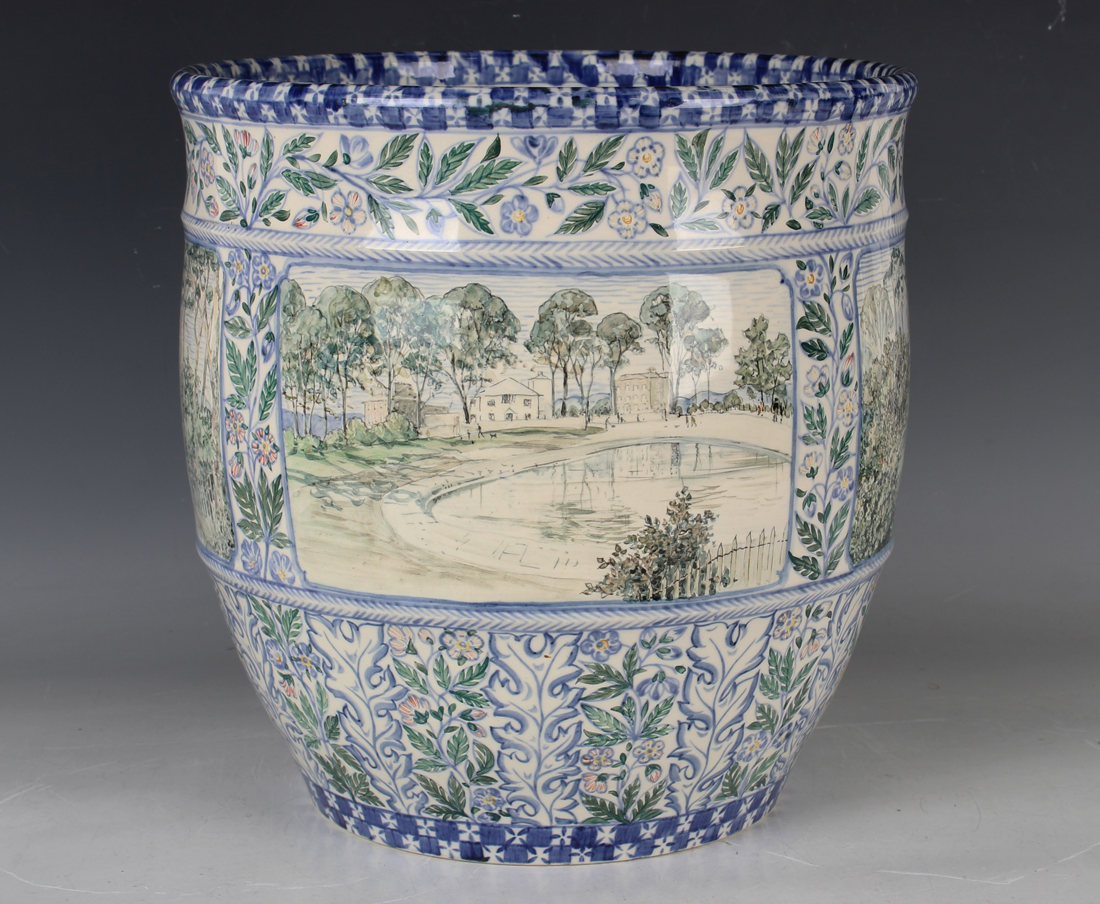
As the important ceramic manufacturer Wedgwood entered the 20th century there was a desire to maintain its association with the design and manufacture of art wares.
By the end of the 19th century the influence of William Morris’s Arts and Crafts Movement had established a widespread enthusiasm for design and decoration based on its traditional craftsmanship and simple forms. The movement was deeply informed by the romantic socialism of John Ruskin and William Morris which responded to the often harsh realities of 19th century industrialised work by advocating a return to an age of ‘free’ craftsmen.
So, when the Arts and Crafts architect, designer and artist Alfred H Powell (1865-1960) sent a series of designs to Wedgwood in 1903 they quickly realised their potential.
Powell had studied and worked for J D Sedding in his architectural practice. He was heavily influenced by Sedding who had been an early advocate for the Arts and Crafts Movement and its principles. Powell would work there as an architect until 1892.
Ill health led Powell to spend time abroad, though he lived for a short time in Guildford, Surrey.
In 1901 he moved to Sapperton in Gloucestershire to join his friends Ernest Gimson and the Barnsley brothers. Together they established the Cotswold Group with workshops at Pinbury.
Powell’s successful approach to Wedgwood ensured a broader audience for the arts and crafts aesthetic. With great skill he adapted its style and principles to suit the demands of industrial production. His influence brought about a revival of hand painting at Wedgwood’s Etruria factory not only on art ware, like the 1930s delicately decorated jardinière painted by Powell himself with its naturalistic landscapes and flowers, but also for large scale production tablewares.
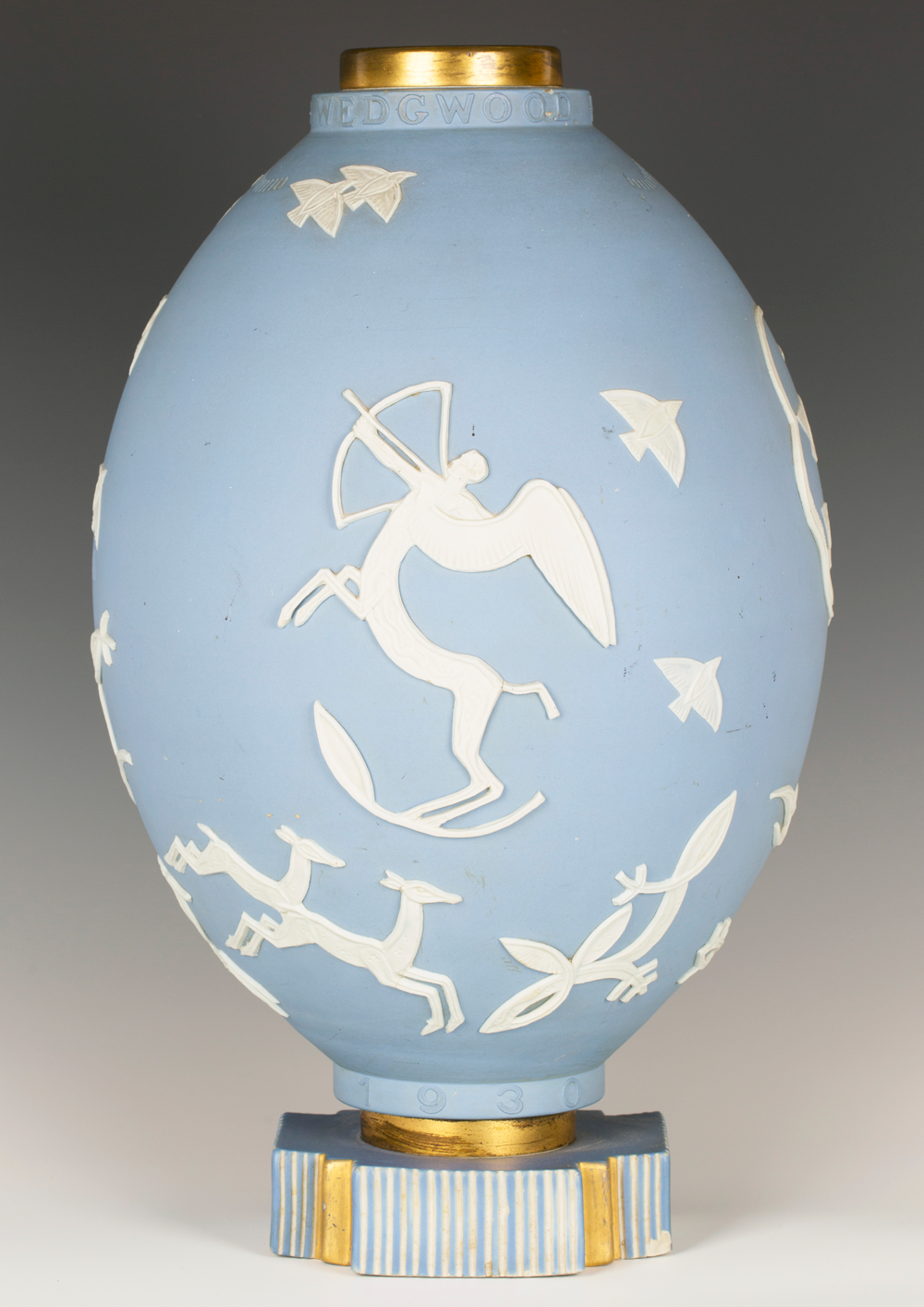
The factory’s founder Josiah Wedgwood was famous for his vitreous jasperwares in the late 18th century which he decorated in the Neo-Classical taste.
Jasperware decoration was re-interpreted in the Art Deco taste by the Danish glass designer Emmanuel Tjerne to win Wedgwood’s international competition to design a vase to mark the bicentenary of Josiah’s birth in 1930. The vases were produced in a very small edition of about sixteen and were given to the judges and designer.
The Wedgwood Powell jardinière and Tjerne’s vase sold in Toovey’s specialist ceramic sales for £1800 and £2500 respectively proving that when design and artistry come together, as it did at Wedgwood in the early 20th century, it is always celebrated by collectors.

